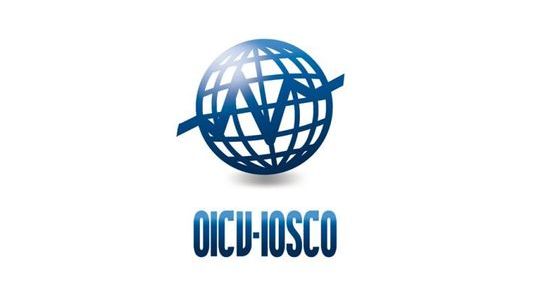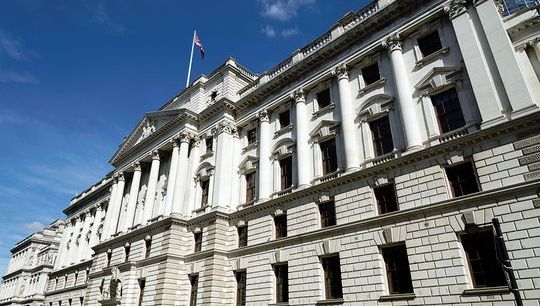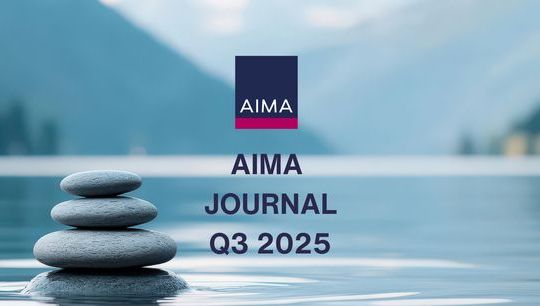Brexit, Blockchain & Tax Reform
By Tom Kehoe, Global Head of Research, AIMA
Published: 17 July 2018
In conjunction with our partner KPMG, we launched the first of our series of interactive roundtable discussions in London’s Mayfair last Tuesday. The roundtable discussion could not have been timelier, with industry attendees keen to discuss what course of action UK managers are taking to adapt to a post-Brexit world following the weekend’s Brexit talks at Chequers. KPMG’s newly appointed Brexit expert Jorge Morley-Smith led the room through a series of scenarios that hedge funds would be confronted with as the March 2019 exit date looms.
One of the main priorities discussed by attendees was the need to ensure the industry is successful at keeping and growing its talent post-Brexit. While there has been some evidence of hedge fund managers leaving the UK to go to Paris (where the Macron administration has been on a charm offensive to attract the financial services sector) and New York, talk of a wide-scale exodus has been overblown. Most of the hedge fund managers in attendance had Cayman master-feeder structures with US investors. The room discussed the possibility that the UK’s separation from the EU UCITS regime might present an opportunity to build a best in class onshore fund product suitable for hedge funds and observed that an unintended consequence of a Brexit could be that EU fund products could lose attractiveness relative to non-EU fund products in a post-Brexit world. In addition to US investors, an increasing amount of capital is being invested from Middle Eastern and Asia-Pacific investors.
Building on the theme of industry disruption, KPMG’s Richard Scott-Hopkins and AIMA’s CEO Jack Inglis presided over a conversation which examined how the hedge fund industry is being impacted by the rise of technology and its relentless move towards digitisation.
In his remarks Jack highlighted several AIMA initiatives which explore how the hedge fund industry is being impacted by technology. Responding to the rise of digital assets and digital assets funds, AIMA established a Digital Assets and Blockchain group (DAB), a senior level industry steering group consisting of a global cross-section of experts tasked with driving AIMA’s policy engagement, educational initiatives and operational guidance on all aspects of the digital assets and distributed ledger technology. AIMA also explored the influence that big data, machine learning and Artificial Intelligence is likely to have on the hedge fund industry of the future in its thought leadership piece, “Perspectives - industry leaders on the future of the hedge fund industry” published last April.
Richard presented the findings from KPMG’s recent research paper “Alternative Investments 3.0 Digitize or jeopardize” which details the impact of digitisation on the alternative industry, and the emergence of Alternative Investments 3.0, as new technology penetrates deeper into the industry value chain. The subsequent roundtable discussed how those present are looking at how technology can help make their hedge fund business model more effective and efficient. Two very popular buzz words - blockchain and big data - were being considered by all the attendees present. As a distributed ledger, the use of blockchain enables smart contracting that allows parties to bypass the intermediaries in any transaction as well as providing new opportunities in the market, such as providing liquidity to currently illiquid instruments. Richard commented that a big attraction for using digital ledger technology (DLT) is that it’s virtually impossible to fraudulently alter the blockchain as the chain is self-policing. While there remain many regulatory issues that need to be resolved before the use of blockchain becomes a truly credible alternative for the industry, everyone observed that greater adoption is a matter of when this will happen rather than if it will happen.
Of the new hedge fund managers KPMG has spoken to since the start of this year, about a quarter plan to use algorithms or big data to research or trade. Related to this, Omair Ahmed of Taunton Capital presented an overview on the differing uses of artificial intelligence to help apply adaptive learning to trading and risk management processes. Omair discussed how machine learning can be applied to risk management processes such as looking at data patterns.
The room then debated the use of big data and machine learning, areas which are gaining considerable interest. All attendees present accepted that technology would have some level of disruption on their future business models.
The event concluded with a presentation on the recent U.S. tax reform. KPMG’s Catherine Houts took the room through the changes likely to be most significant to UK hedge fund managers. While some of the reforms will clearly benefit US corporate businesses, such as the reduction in the corporate tax rate and the shift from a worldwide to a more territorial tax system (albeit with transitional mandatory repatriation measures), other measures, such as the expansion of the controlled foreign corporation rules, will increase the tax base. Similarly, for U.S. tax payers including investors, the limitation of itemized deductions, such as state taxes, will offset tax cuts, while the unrelated business taxable income netting rules will be a concern for tax exempt investors. The overall conclusion was that longstanding fund and business structures may no longer be optimal and should be reconsidered in the light of the tax changes and mindful of the nature of the fund and its investors. The next of our roundtable series will be hosted later this year. Further information on this and all forthcoming AIMA events can be found in our bi-monthly events newsletter.








